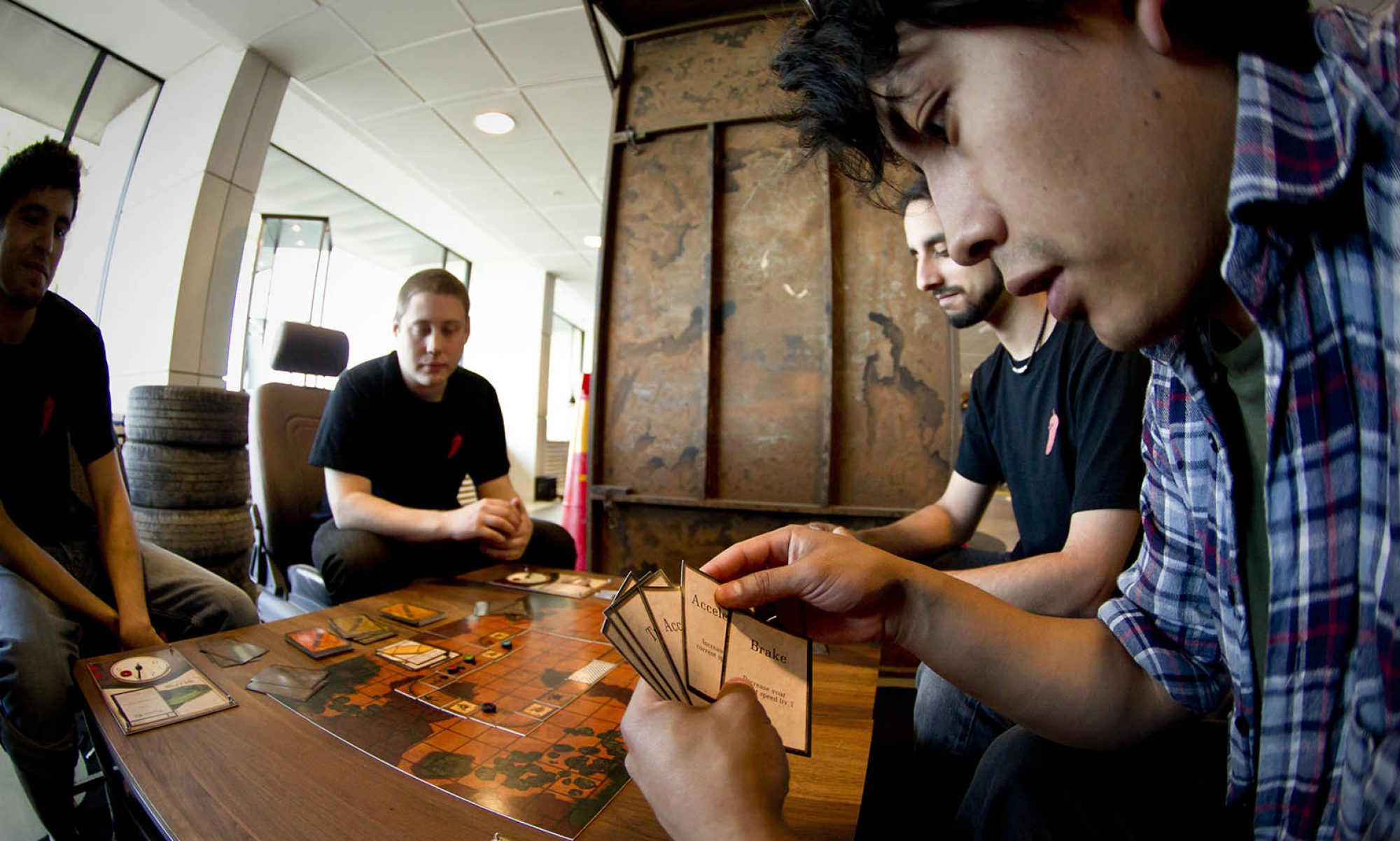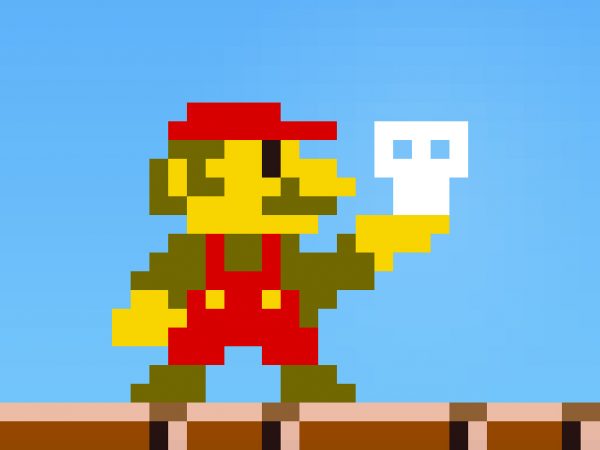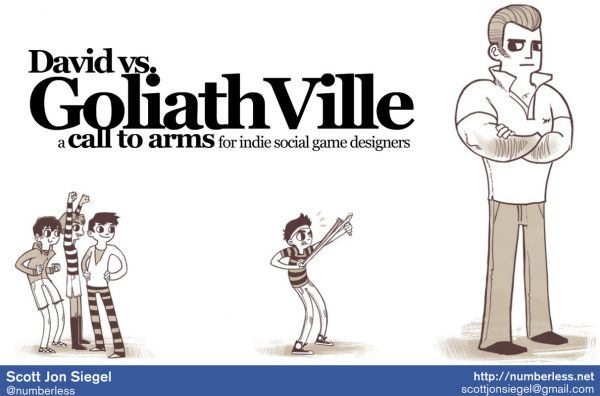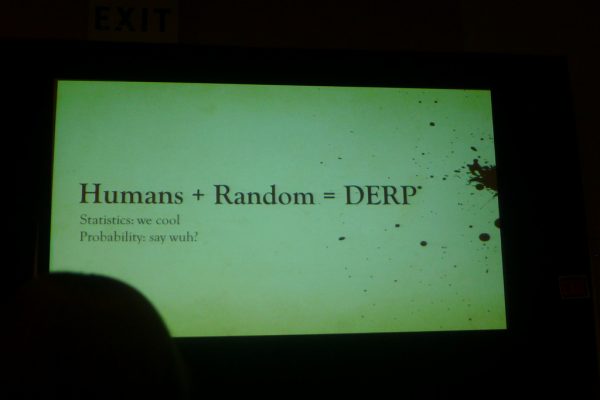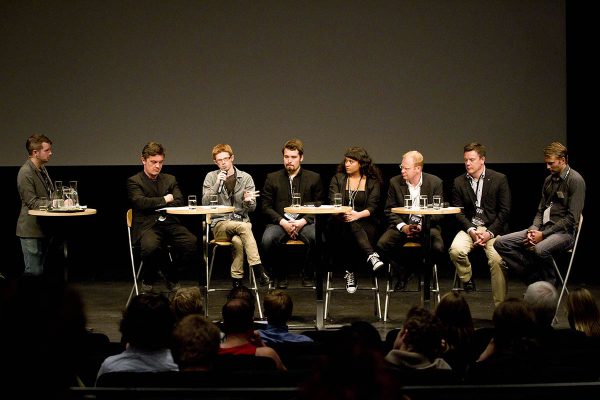
Den snabba framväxten av Gotlandsbaserade spelföretag kan få stor betydelse för Gotlands framtid. Har högskolan lyckats med att utveckla en “hub” av entreprenörer kring spelutbildningen? Det kan förefalla så, men vad krävs för för att spelföretagen ska stanna kvar och utvecklas och därmed bidra till öns ekonomi?
Paneldeltagare:
– Stefan Person, Tillväxtenheten – Region Gotland
– Rickard Elgán, Högskolan på Gotland
– Max Tiilikainen, Meow Entertainment
– Phillipe Bolay, Out Of Bounds
– Robin Flodin, Zeal Studios
– Johan Zillén, Science Park Gotland
Moderator är Johannes Wadin – alumn från spelutbildningen med gedigen erfarenhet ifrån den internationella spelindustrin, och nu senast grundare av företaget Tapeduck.
English description:
Gotland – a chunk of Sweden separated from the mainland by some quantity of Baltic Sea – can be a fairly isolated base of operation. The game education bring competence and continuously produce promising student start ups that could have a tremendous impact on the future of the island. But how do we enable this talent to stay on the island after graduation?
We’ve invited some of the local game companies and other parties interested in an industrious Gotland to talk indie development, start ups and how we can make Gotland a game developers Mecca.
Panel:
– Stefan Person, Tillväxtenheten – Region Gotland
– Rickard Elgán, Högskolan på Gotland
– Max Tiilikainen, Meow Entertainment
– Phillipe Bolay, Out Of Bounds
– Robin Flodin, Zeal Studios
– Johan Zillén, Science Park Gotland
Moderator is Johannes Wadin – former GAME-student with experience of the international game industry and founder of Tapeduck.
